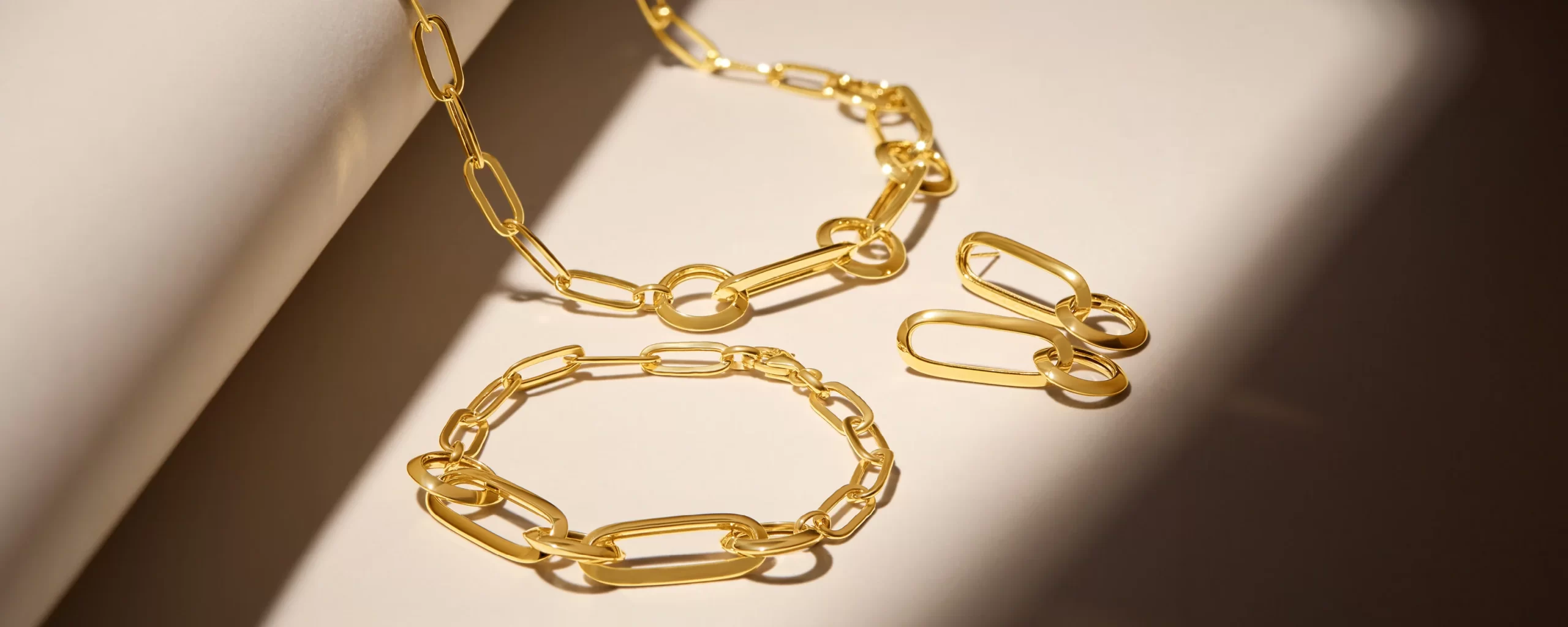
Pets are our best friends. They help us feel happy, alleviate our stress, and heal a lot of our wounds eventually. We tend to get stuck to them in a very little amount of time. You want to take better care of them, right? You should know about everything you can do to make them happy, both in sickness and in health! One of the major problems among dogs is eye discharge. Know more about Dog Eye Discharge Causes and Treatments now.
Why do eye discharges happen?
Eye discharges may signal anything from infections to allergies or perhaps something different altogether. If you notice a clear eye discharge, you might suspect some form of allergy or some obstacles hitting your dog’s eye. You might check for foreign particles like dust and lashes as well. Inflammation, pus, and mucus might be pointing to conjunctivitis. It is better to let experts handle these forms of eye discharge as the treatment depends heavily on the form of conjunctivitis. Another notorious cause might be corneal ulcers. These produce painful sores. You might find your furry friend pawing its eyes frequently and squinting. These can get extremely uncomfortable; seek medical help immediately. Asides from these, discharges can also be caused by dry eyes, glaucoma, etc.
Help your dogs get comfortable and happy again
When sick, dogs tend to search for familiar places, smells, or feelings. This is an innate behavior among most animals; they surface at times of weakness when the animals need to hide from their predators. Canines, especially, require a lot of love, attention, and familiarity to heal.
If your dog is showing signs of eye discharge, you must sick medical attention as soon as possible. Leaving them untreated might lead to loss of sight, or even worse, loss of an eye. Various minor surgeries and medications can get them fit as a fiddle very fast. Eye problems demand a lot of care and delicate handling. So make sure your dog’s vet is reliable and reputed with a lot of experience and skill.
Antibiotics and saline washes are often used to keep away infections during such treatments. Follow the vet’s instructions and apply medications regularly. Clean away discharges effectively using eye drops. Check regularly for teary or squinty eyes, pupil size, cloudiness, and the color of their lower lids. Prevent eye problems by keeping their hair short and minimizing contact of eyes with chemical shampoos or soaps.







